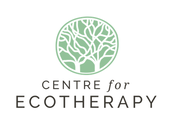|
Cooking foraged wild food over the fire. Just one of the pleasures of an outdoor team building away day programme. Here's the story of what happened at one team day. "See you outside the gate at 8.30," says Robert. He means in the morning, and I'll have to get up at 7am, on a Sunday... Sigh. I book the car, pack a few fire making kits (just in case), swapping out the small, mingey King Alfred cakes for larger ones. Come the morning though, it's a beautiful day. Sunny and lush. And I get to the gate about 8.40am, just before Robert. Unfortunately it's locked. Robert arrives a few minutes later in his 4x4, with girlfriend Lara. We stand around scratching our heads, trying to come up with another way in. I can see he's brought a ton of kit for this session. Luckily a park ranger arrives and kindly lets us in. Fire lit, and kettle on.
The ground is frosty and crunchy under foot. The other day I get up at 6am and drive to some woods near Lewes with Alistair Duncan, to check them out as a potential new venue for School of the Wild. It's properly dark as we set off, and it's only just getting light when we get to the woods. The orange glow of the rising sun on the horizon slowly filters through the forest, lighting up the tops of the trees, and making the purple, gold and red of the early morning sky turn blue. Purple, gold and red of the early morning sky The track into the wood is frosty and crunchy under foot. Along the way are puddles covered in single sheets of ice. I can’t resist jumping on a few, just to see and hear the ice break up into thick shards, like broken glass. Dogs bark in the distance, and a few birds fly across the track. The trees are quiet and still. The world feels like it is slowly waking up. The rising sun poking through the trees Despite a bad night’s sleep and this early start, I feel happy and refreshed, and glad that I’ve made the effort to get up. There’s something really special about the sounds and smells of nature, especially out in the woods, at the beginning and end of the day. So while the days are still short, our next Wild session is in the woods in the dark, inspired by the idea of working on our relationship to nature through our own sensory experiences: the tastes and smells in the air, the feel of the wind as it caresses the skin, the sounds of nocturnal animals going about their business, the touch of the ground under our feet as we walk upon it… As we filter out the sense of sight, it encourages us to pay more attention to the other senses. And who knows what you might discover! Romancing the Dark, a night time journey into nature connection is on Sunday 28th February. More details and booking here. A brilliant quote from Ram Dass relating how we feel about trees, to how we judge each other and ourselves.
"When you go out into the woods and you look at trees, you see all these different trees. "And some of them are bent, and some of them are straight, and some of them are evergreens, and some of them are whatever. And you look at the tree and you allow it. You appreciate it. You see why it is the way it is. You sort of understand that it didn’t get enough light, and so it turned that way. And you don’t get all emotional about it. You just allow it. You appreciate the tree. The minute you get near humans, you lose all that. And you are constantly saying “You’re too this, or I’m too this.” That judging mind comes in. And so I practice turning people into trees. Which means appreciating them just the way they are." Ram Dass, writer and spiritual teacher "I have a bad feeling about this," says Sharon, as we watch ten horse riders and twenty hounds run about excitedly across the valley. "It's supposed to be a drag hunt, but that feels like they might have got something," she says. I'm standing in a field on the edge of Mile Oak Farm with Sharon Clifton a silver haired psychotherapist and Equine Assisted Learning Facilitator from Spirit Horse Works. It's a grey, damp morning, and the ground is wet and muddy beneath our feet. We watch as the pack of hounds disappear into the gorse bushes on the hill opposite. Their barks drift over. The hunt leader, in red jacket, blows his horn several times. Both of us hope they haven't found a fox. It's my first time at this farm, coinciding with the local hunt who're following a trail down through the South Downs onto the farm land. A rare occurrence apparently. We step away from Sharon's office - two camp chairs under a hawthorn tree - to get a better view. Sharon is distinctly uncomfortable. As are her two horses Charlie, an older grey, and Alfie, a young black and white, in the paddock behind us. Alfie and Charlie. Photo courtesy Spirit Horse Works. Sharon tells me about the work she and Charlie and Alfie do with her clients. "Because they are prey animals, horses are very sensitive and empathic. They're constantly on the look out for any sign of danger, and they sense and feel very keenly what's going on, in people and the surroundings, to keep themselves safe."
As we watch, both Charlie and Alfie, and all the other horses in the paddocks for that matter, run about, stand still, then run again, in obvious response to the excitement on the hillside opposite. They stop again, and strain in the direction of the hunt, alert to what's happening, getting ready to run. "When they're grazing, they're calm," Sharon says, "They're hyper-sensitive, which makes them excellent reflective mirrors for us. They 'feel' us rather than 'think' us," she says. Which also makes horses natural born healers. "They're not interested in what we do, or what we say. They're looking for honest and congruent communication and respond honestly to what we bring.... And they naturally take emotions off us and process them without thinking about the why’s or wherefores." Charlie works with grief, and Alfie works with boundary issues, Sharon tells me. "They choose to do it, or not," she replies to one of my many questions. I watch as Charlie rolls on the ground: "he's releasing his stress and emotions into the earth," she says. Horses in other paddocks follow suit. Sharon explains more: horses snort, yawn and roll to release emotion (including ours) into the ground, they lick their lips when they're thinking, graze when they're calm and are totally in the moment. I start to make sense of what I'm watching. We shift our attention back to the hunt. The dogs are still in the gorse. Something bad is happening. Sharon feels it in her stomach. The horses all feel it too. In another field a chestnut runs around in circles, unable to go anywhere else. Across the valley a herd of five horses are bunched together straining to see what's happening. Near them, six or seven black cows mirror them, also alert to what's going on. In front, in a tree, two magpies are watching as well. From our raised vantage point, in that moment, I see the horses, the cows, the birds, Sharon and I all watching together, as a community, as one society responding together, alert to the hunt. And Charles Eisenstein's words ring in my head: "When we as a society learn to see the planet and everything on it as beings deserving of respect - in their own right and not just for their use to us... Then will we realize that as we do to any part of nature, so, inescapably, we do to ourselves." On the far side of the field, Charlie is licking his lips. "He's processing our meeting," Sharon laughs. And with that, I have to go. We're planning to include some sessions with Sharon and her horses Charlie and Alfie as part of School of the Wild courses. Watch this space! I read these words by author and speaker Charles Eisenstein on Facebook. They resonate with what we're doing at School of the Wild, so I'm re-posting them here. They're also on our Facebook page. "I am certain we will not "save our planet" (or at least the ecological basis of civilization) by merely being more clever in our deployment of Earth's "resources". We will not escape this crisis so long as we see the planet and everything on it as instruments of our utility...
"In other words, what we need is a revolution of love. When we as a society learn to see the planet and everything on it as beings deserving of respect - in their own right and not just for their use to us - then we won't need to appeal to climate change to do all the best things that the climate change warriors would have us do... "A Zuni man I met told me that they believe that the worst thing is to take so much water that the rivers no longer reach the sea - because how then can the ocean know what the land needs?... "I predict that we will succeed in drastically reducing fossil fuel use, beyond the most optimistic projections - and that climate change will continue to worsen. It might be warming, it might be cooling, it might be intensifying fluctuations, a derangement of normal, life-giving rhythms. Then will we realize the importance of those things that we'd relegated to low priority: the mangrove swamps, the deep aquifers, the sacred sites, the biodiversity hotspots, the virgin forests, the elephants, the whales... all the beings that, in mysterious ways invisible to our numbers, maintain the balance of our living planet... "Then will we realize that as we do to any part of nature, so, inescapably, we do to ourselves. The current climate change narrative is but a first step toward that understanding." |
Author & CuratorNigel Berman is the founder of School of the Wild. Archives
March 2024
|
Leaders |
About Us
Support |
|
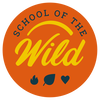
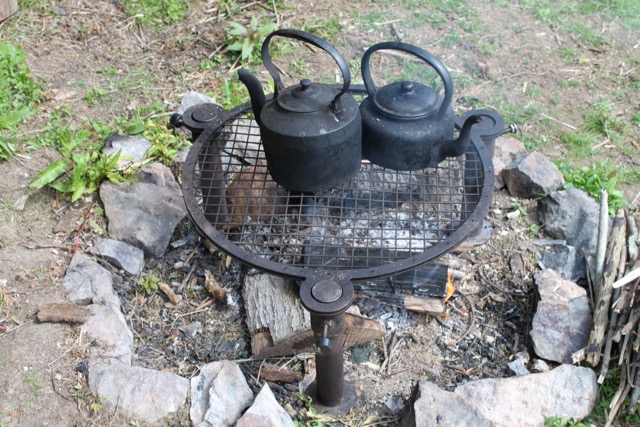
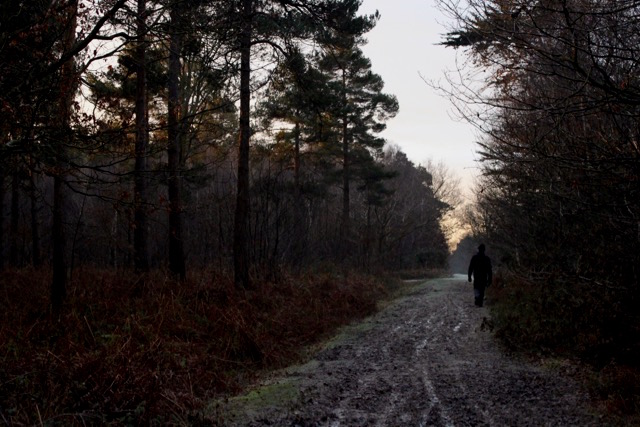
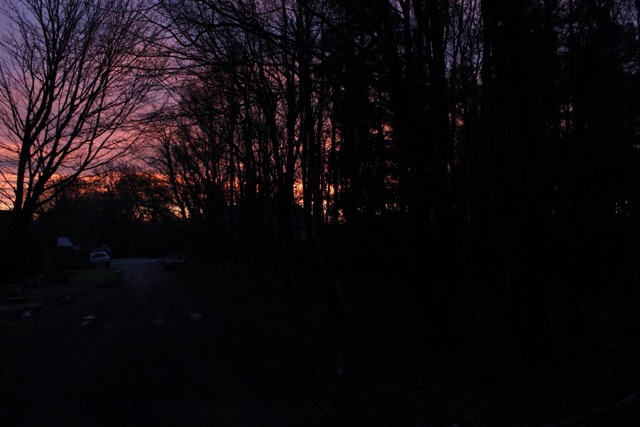
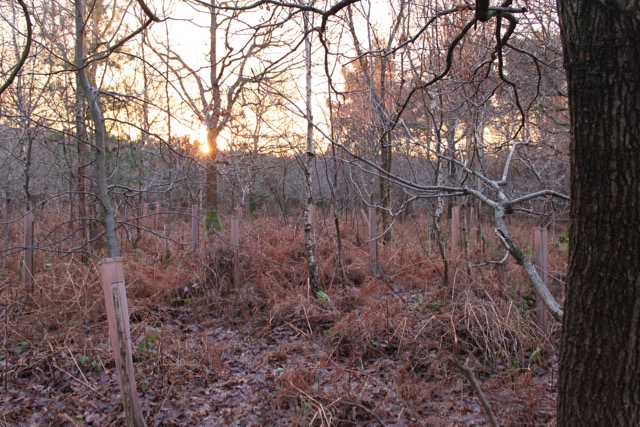
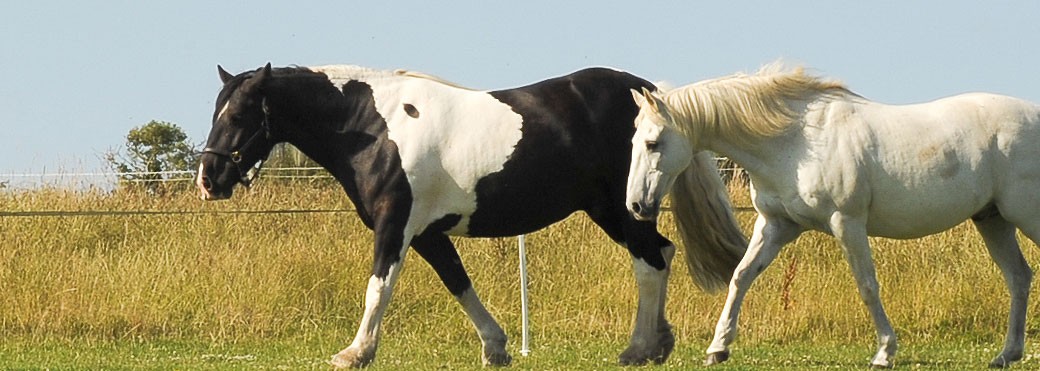
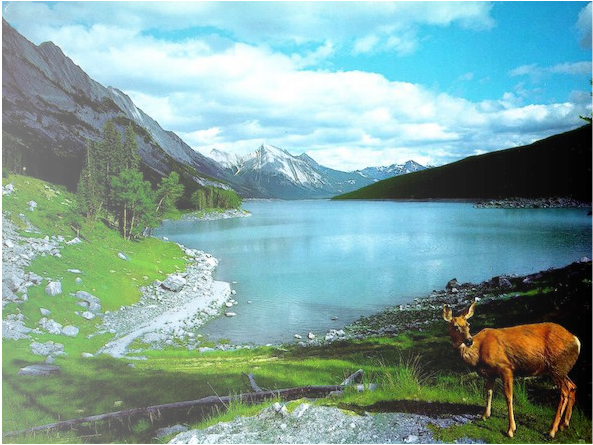
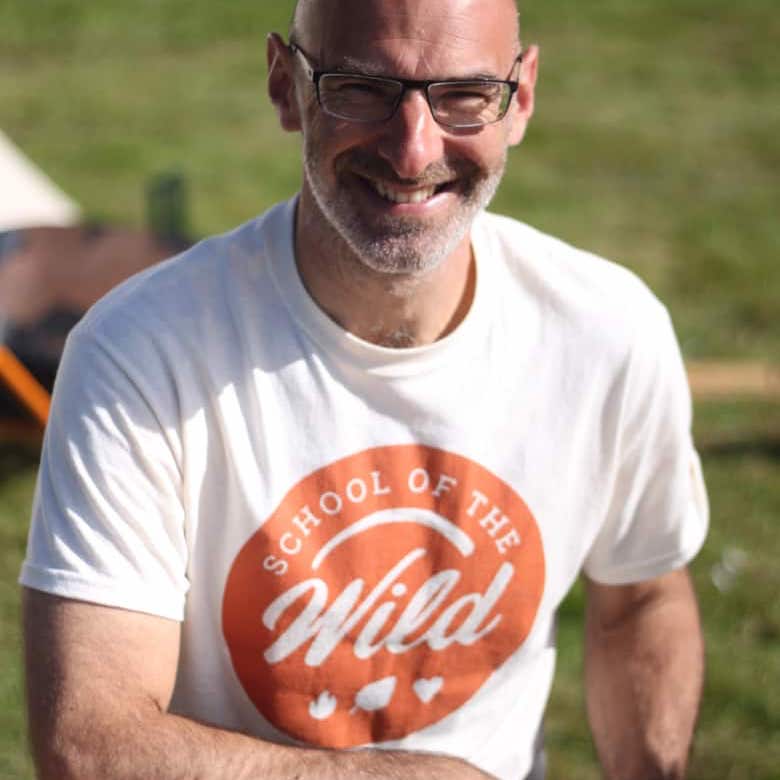
 RSS Feed
RSS Feed



